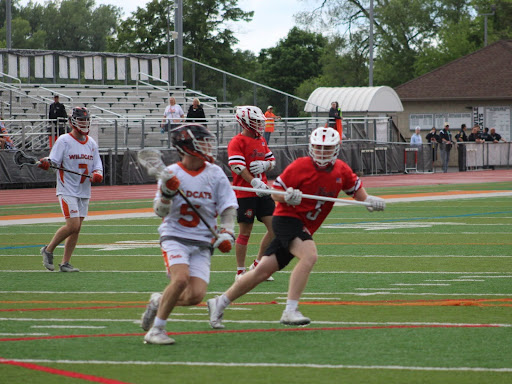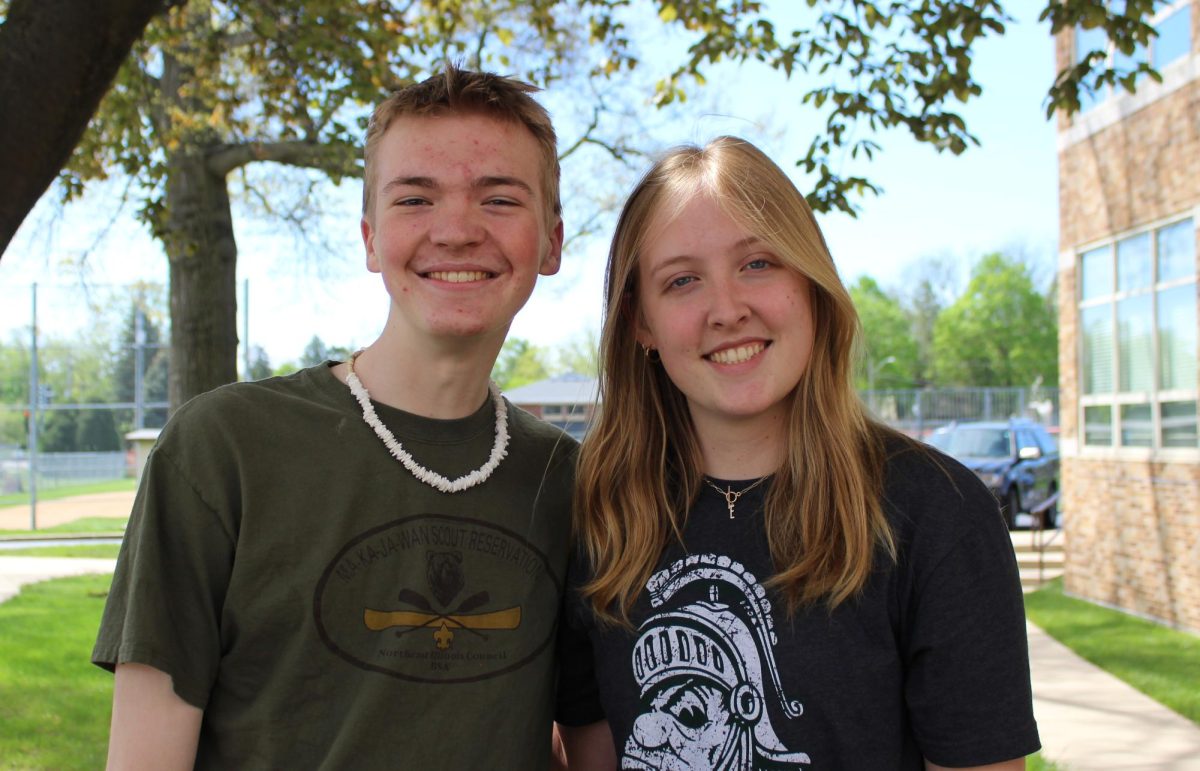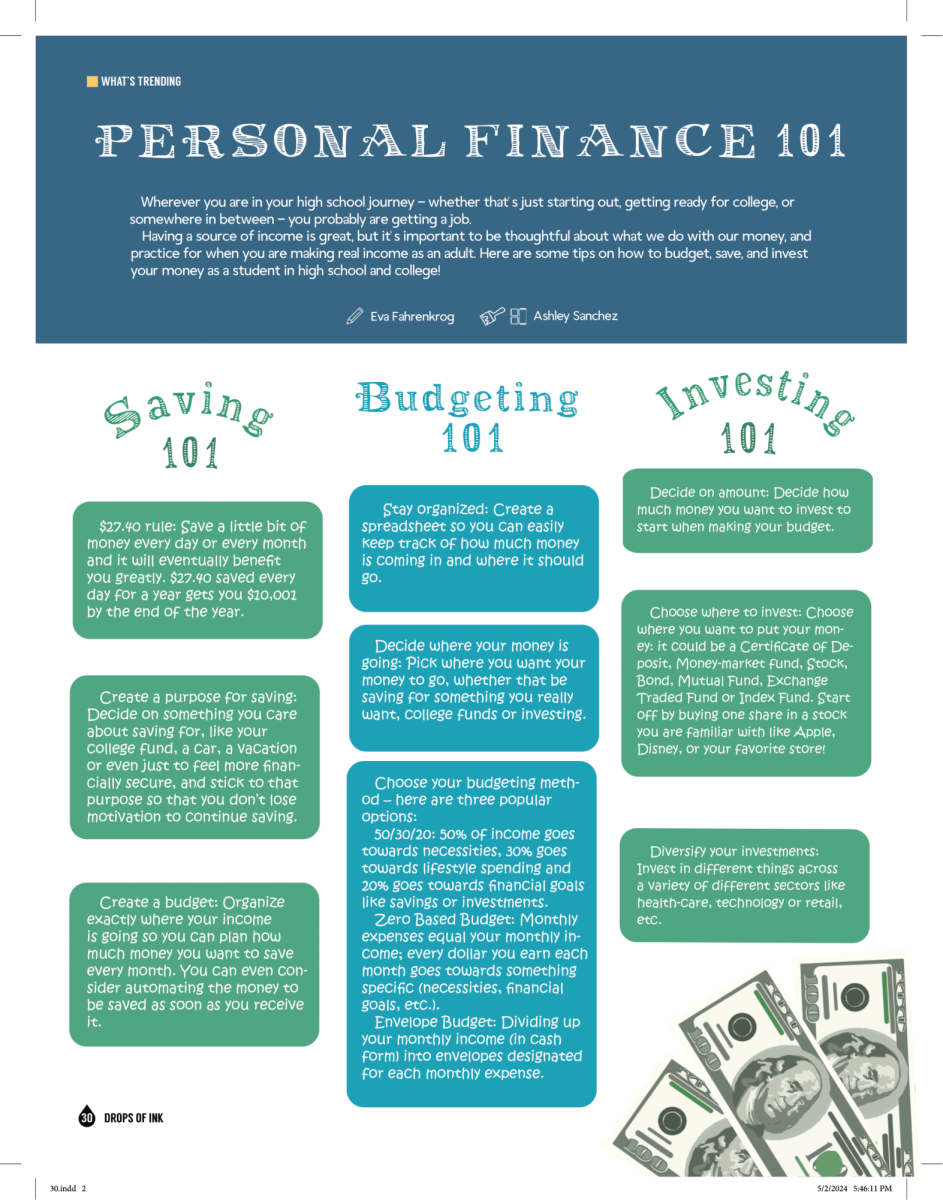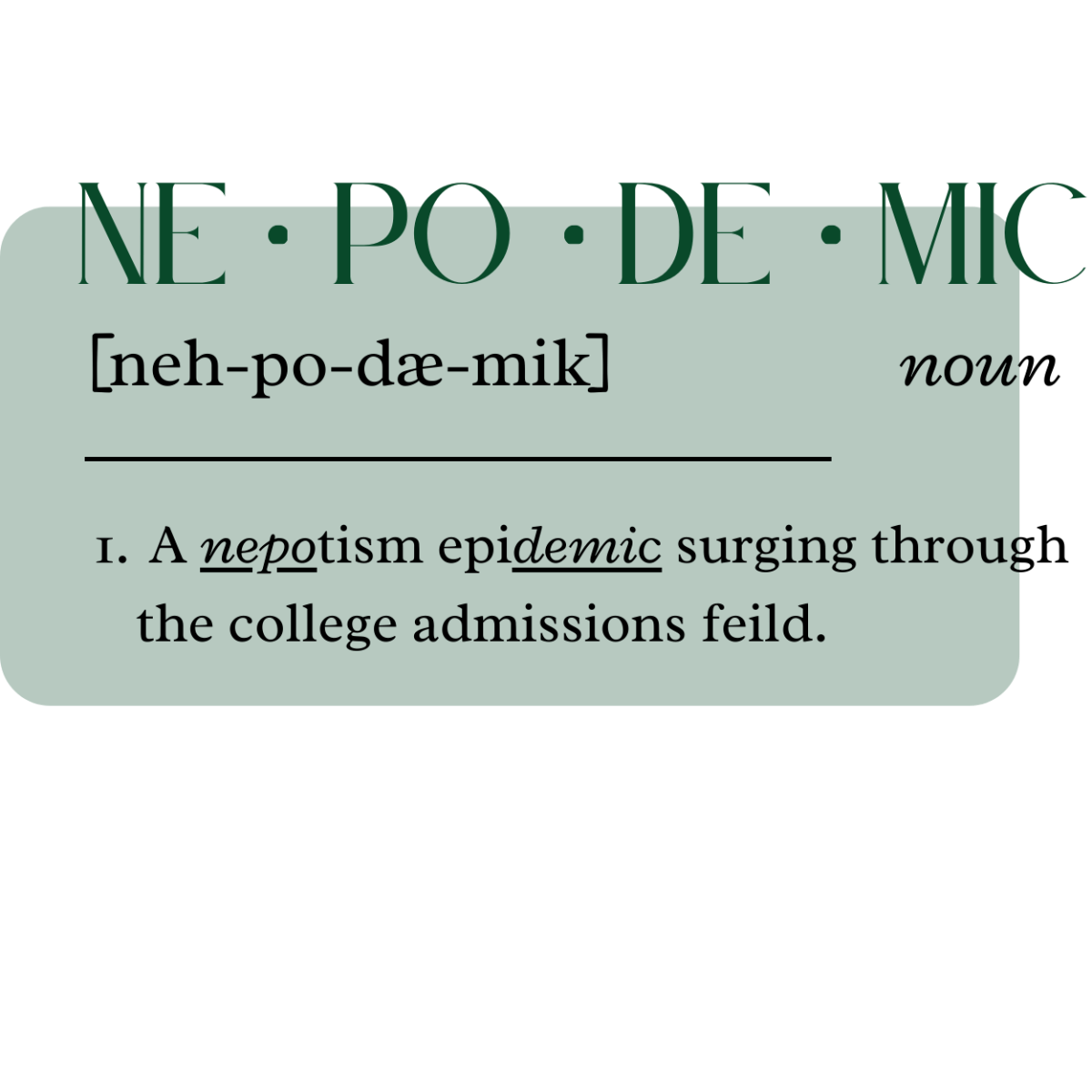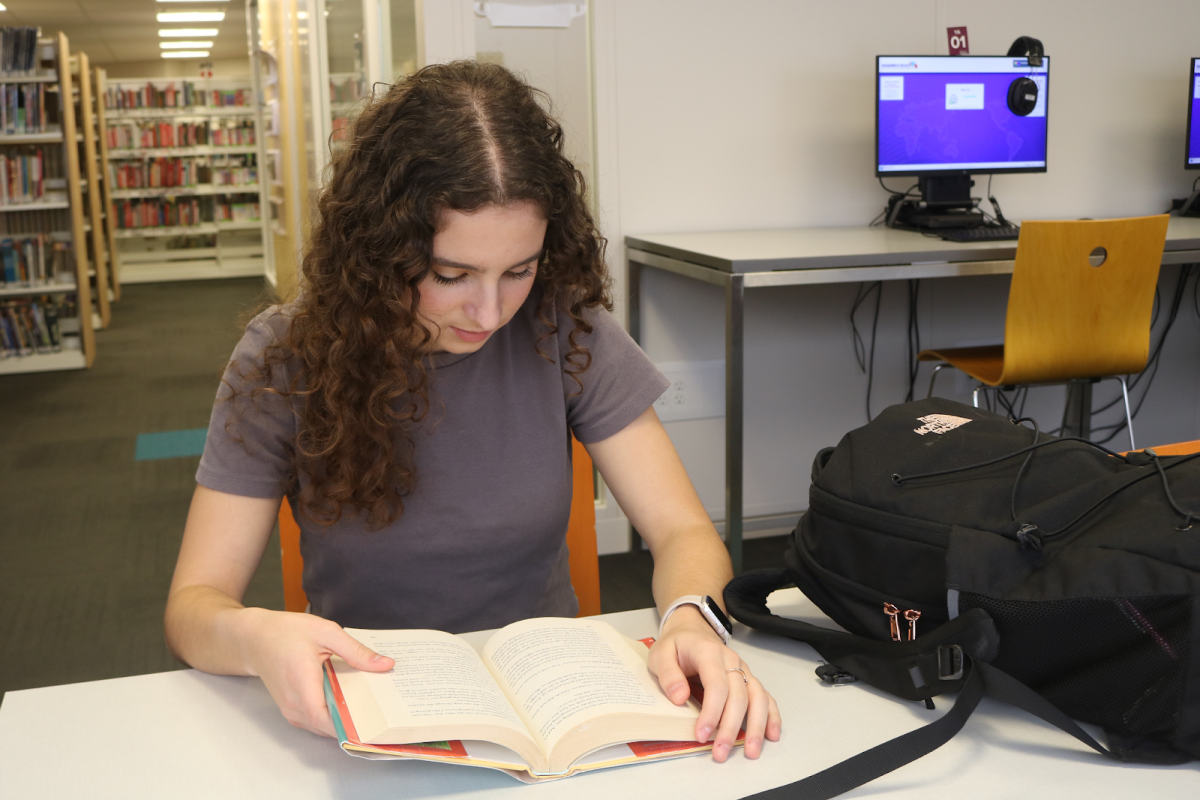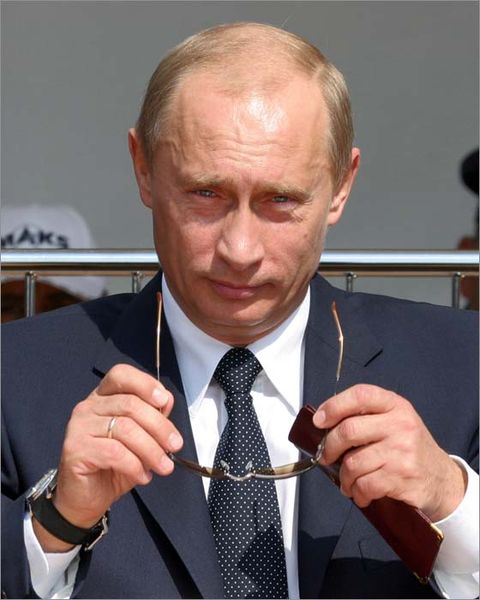
In June of 2001, then-President George W. Bush met Vladimir Putin for the first time at an international summit in Slovenia. After a brief meeting between the two, Bush summed up to the media his thoughts on the Russian leader: he said, “I looked the man in the eye. I found him to be very straight forward and trustworthy and we had a very good dialogue. I was able to get a sense of his soul. He’s a man deeply committed to his country and the best interests of his country.”
Yes, an American President really said that. But aside from that fact, while perhaps the West hasn’t always been quite so friendly with the Russian regime (especially in recent years and for good reasons) the U.S. in particular has often taken a weak position when it comes to matters involving Russia. It’s time for that to change.
For a totalitarian regime to be allowed by the international community to steal an entire peninsula from a neighboring nation is absurd and unacceptable. Some would reply that both the EU and U.S. punished Russia with sanctions following Russia’s annexation of Crimea, but that seems like a small price to pay for a massive, populated area of land.
“It was the most significant territorial land-grab since before World War II…[but] Putin got away with it pretty much unscathed… I really believe that he took the temperature of the situation and was like, ‘They’re not going to do anything. They’re not going to send in an army,’” said Mr. Kevin O’Neill, a history teacher at LHS.
Of course, by “they,” he means countries like the U.S. who could have put their feet down but didn’t. And, even though many nations’ (the U.S. included) military efforts would have been hindered by domestic politics and other internal conflicts, there still should have been war the day the Crimean referendum was passed.
The problem with that is the very thought, the mere idea of war. No country wants to engage in a potentially deadly conflict, and UN action is prevented by Russian veto power in the Security Council. The fact is, however, that Putin must be stopped.
At this point, it is important to know the Russian president’s background: shortly after graduating from Leningrad State University, Vladimir Putin joined the KGB, the Soviet Union’s state security organization infamous for its illegitimate and often brutal suppression of dissent within the USSR and abroad. After stepping down from the KGB shortly before the USSR’s collapse, Putin thrust himself onto the political scene. Through rigged election
s and shady backroom deals, he quickly worked his way up the hierarchy until in 1999, when failing leader Boris Yeltsin stepped down and appointed Putin as interim president.
When Putin won his first actual election by significant margins four months later, his position was solidified. Since 2000, Putin has ruled Russia either as president or as prime minister (for a single term, as the Russian constitution specifies that presidents may be in office up to two consecutive terms.) To strengthen his power and broad base of support, he has polarized sensitive issues for the Russian people and made Russia the antithesis to the West.
Thus, Russia is so dangerous because it, and Putin, will do all it can to damage Western interests and to impinge upon Western values.
“What Russia is setting itself up as is an opposition to the West. I mean, look at its closest allies right now. Its closest allies are Syria, Venezuela, and Iran. That’s quite a collection of countries to have as your best friends,” said O’Neill.
The long and the short of it is that Russia, as led by Vladimir Putin, is one of the world’s biggest threats to global stability. It incites violence, supports the existence of the West’s enemies, and perpetuates the notion that autocracy is acceptable or legitimate. Countries like the U.S., then, must take on a greater burden–though it may not necessarily be war–in fighting a nation that prolongs so many of the world’s problems.



